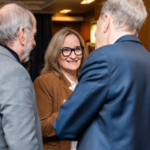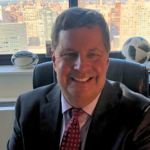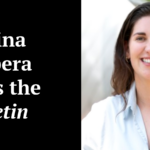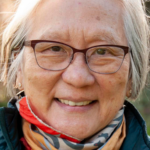Remembering Howard Hiatt’s contributions to science and global security
By Sarah Starkey | March 14, 2024
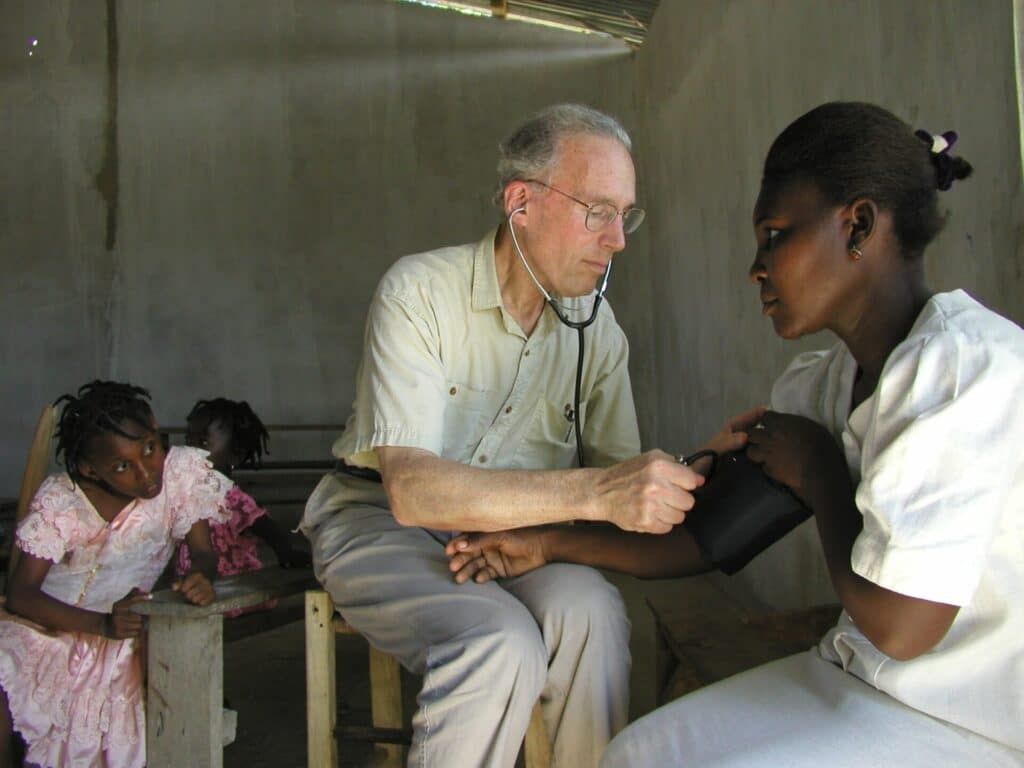 Dr. Howard Hiatt is pictured in Haiti in an outreach clinic for Zanmi Lasante, as Partners In Health is known in Haiti, on 2001 on a trip accompanying Dr. Paul Farmer.
Dr. Howard Hiatt is pictured in Haiti in an outreach clinic for Zanmi Lasante, as Partners In Health is known in Haiti, on 2001 on a trip accompanying Dr. Paul Farmer.
Longtime Bulletin Board of Sponsors member, Howard Hiatt, died on March 2nd.
Passing away at 98 years old, Hiatt spent much of his career working to advance global health initiatives, mentor the next generation of scientists and physicians, help underserved communities, and raise awareness about the consequences of nuclear weapons.
“Howard’s legacy is a testament to the longstanding commitment that the world’s science leaders have in identifying existential threats and their responsibilities in helping us minimize them, ,” said Bulletin president and CEO Rachel Bronson. “His roles on the Board of Sponsors helped advance the Bulletin’s work and draw attention to many of the issues he and we hold dear, namely protecting humanity from dangers of our own making. We are profoundly grateful for his contributions to science and his support of our mission.”
Hiatt is most well-known for his involvement with a team of scientists that identified messenger RNA in the early 1960s. This research laid the foundation for today’s coronavirus vaccines and led to Hiatt being involved in another team that demonstrated messenger RNA in mammalian cells. After conducting this research, Hiatt joined the Beth Israel Hospital as physician in chief from 1963 to 1972. In this position, Hiatt helped the hospital become one of the first to apply molecular and cell biology in clinical settings.
From 1972 to 1984, Hiatt served as the dean of the public health school at Harvard Medical School. Beyond matters of public health, Hiatt was also deeply involved in raising awareness about the dangers of nuclear weapons during the Cold War in the 1980s. He joined a team of scientists convened by Pope John Paul II to study nuclear risk and bring it to world leaders’ attention. Together, this team visited the White House in 1981 where Hiatt encouraged the President to imagine a nuclear weapon being detonated in Washington D.C.
“I tried to personalize it for the President,” Dr. Hiatt told the New York Times. “I told him there would be 800,000 people in shock from burns and radiation. … Given these facts, those people who talk about winning or surviving a nuclear war don’t understand what they are talking about.”
In subsequent years, Hiatt would continue to criticize and call attention to the threats presented by nuclear weapons. He was especially critical of the Reagan administration’s decision to prioritize defense spending over health services.
Hiatt’s life was marked by a calling to serve others, to mentor the next generation of health care professionals, and to lessen nuclear and health threats in any way he could.
“We all owe so much to Dean Howard Hiatt,” wrote the Dean of the Faculty at Harvard T.H. Chan School of Public Health in a statement honoring Hiatt’s life. “He truly made the world a better place.”
Together, we make the world safer.
The Bulletin elevates expert voices above the noise. But as an independent nonprofit organization, our operations depend on the support of readers like you. Help us continue to deliver quality journalism that holds leaders accountable. Your support of our work at any level is important. In return, we promise our coverage will be understandable, influential, vigilant, solution-oriented, and fair-minded. Together we can make a difference.
Keywords: Board of Sponsors, obituary
Topics: What’s New at the Bulletin


